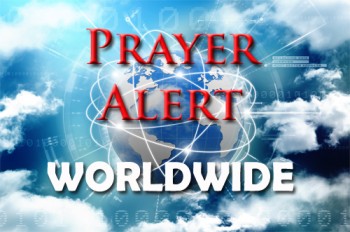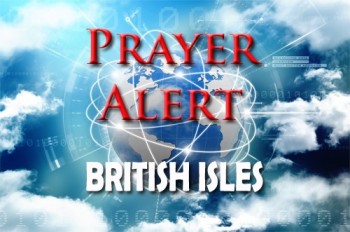Displaying items by tag: vulnerable communities
Global: vaccine distribution
Not many countries are currently transparent and open about the procurement, allocation and distribution of Covid vaccines. This lack of transparency threatens a fair and equitable global response to the pandemic. From elected politicians jumping the queue and fraudulent vaccine rings to unlawful contracts and opaque confidentiality clauses, recent news has offered some spectacular examples of what can go wrong when stakes are high and transparency is low. Citizens have the right to know how government decisions are made and resources are spent, especially when it comes to our health. Corruption will only stop when people work together to change the system. Collectively, high-income countries have bought 56% of the world’s vaccine supply. On 10 March a diplomatic row erupted when the EU's top official claimed the UK had imposed an ‘outright ban’ on the export of vaccines. But Dominic Raab said this allegation is ‘completely false’.
Disproportionate impact of virus on ethnic minorities
The Catholic Church has said that the Government should treat the effects coronavirus has on ethnic groups as a matter of urgency. New analysis suggests that black men and women are more than four times more likely to die a coronavirus-related death than white people. Black males are 4.2 times more likely, and black women 4.3 times more likely, to die after contracting the virus. People of Bangladeshi, Pakistani, Indian, and mixed ethnicities also had an increased risk of death compared with those of white ethnicity. While public health leaders have said that they will review how different factors, such as ethnicity, obesity, and geographical location influence the effects of the virus, the church has said that more must be done.

